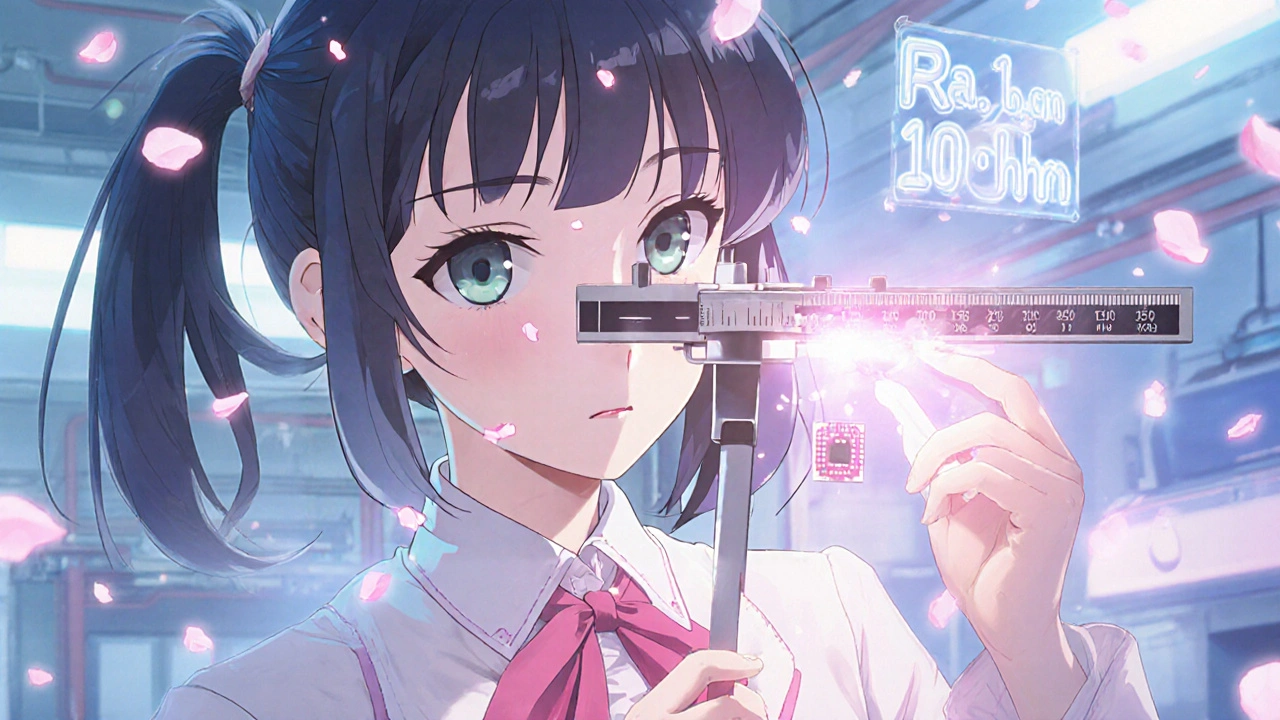Manufacturing QA: What It Is and Why It Matters for Your Medications
When you swallow a pill, you trust it will work the way it should. That trust isn’t luck—it’s built by manufacturing QA, the system of checks and standards that ensures every drug produced meets strict safety and consistency rules. Also known as quality assurance in pharmaceutical production, it’s the reason your generic aspirin works just like the brand name, and why your insulin doesn’t vary in strength from bottle to bottle.
Manufacturing QA doesn’t just mean checking a few samples. It’s a full-cycle process—from how raw materials are sourced, to how machines are cleaned between batches, to how final products are tested for purity. It’s tied directly to GMP, Good Manufacturing Practices, the global gold standard for drug production. Also known as cGMP, it’s enforced by agencies like the FDA and EMA, and it’s what stops contaminated or mislabeled drugs from reaching shelves. Without GMP and manufacturing QA, you’d have no way to know if your blood pressure pill actually contains the right dose—or if it’s mixed with something harmful.
Manufacturing QA also connects to pharmaceutical quality control, the lab-side testing that verifies each batch meets its chemical and physical specs. This includes checking for impurities, dissolution rates, and stability over time. It’s not just about what’s in the pill—it’s about how it breaks down in your body. A pill that doesn’t dissolve properly won’t help you, no matter how pure the ingredients are. This is why the same drug made in India, the U.S., or Germany must pass the same tests. The rules don’t change based on location—they’re designed to protect you, no matter where the pill comes from.
And it’s not just about safety. Manufacturing QA keeps drug prices fair. When companies cut corners, bad batches slip through, leading to recalls, lawsuits, and lost trust. That drives up costs for everyone. But when QA works right, it prevents waste, reduces errors, and lets generic drugs enter the market confidently—because you know they’re just as safe as the brand.
You won’t see manufacturing QA on the label. You won’t hear about it in ads. But every time you take a medication without worrying, that’s because someone in a lab, on a factory floor, or in a regulatory office made sure it was done right. The posts below dive into how this system affects you—from patent battles that delay generics, to how side effects can trace back to manufacturing inconsistencies, to why some supplements are riskier than others because they skip these controls entirely. What you’re about to read isn’t about industry jargon. It’s about what keeps you safe when you reach for that bottle.
